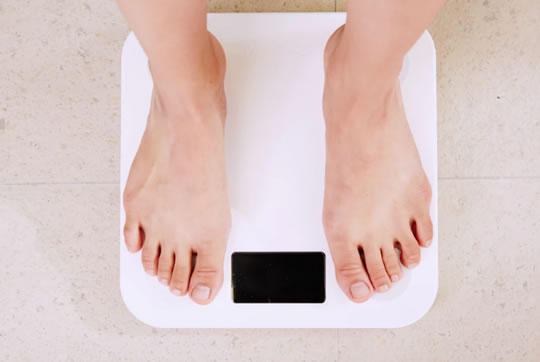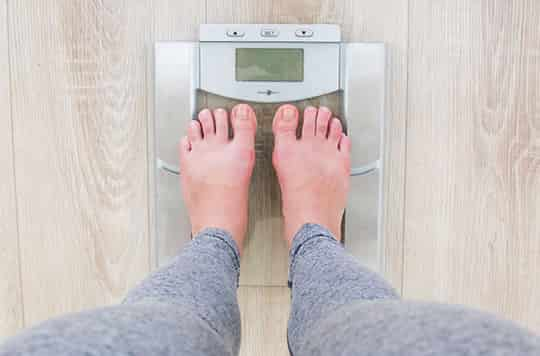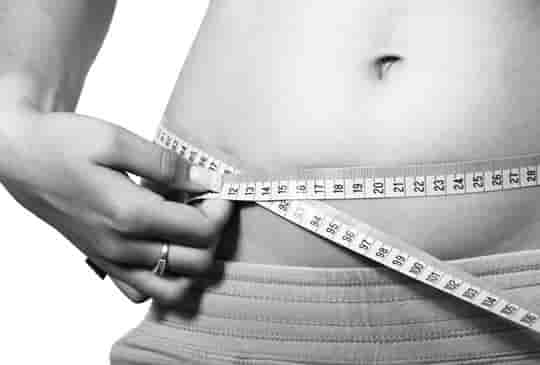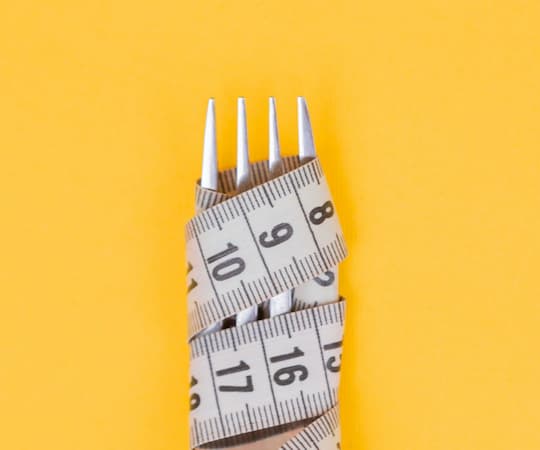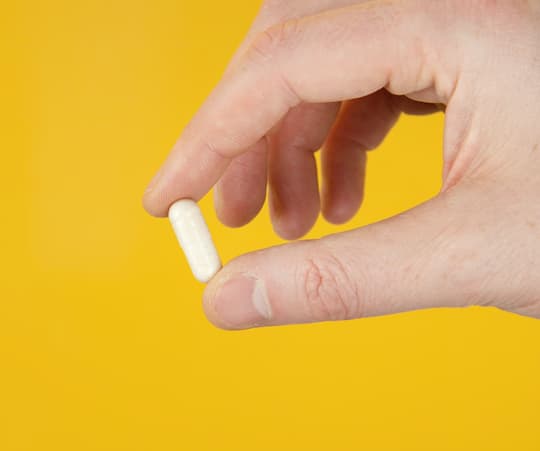Around one-third of people over 65 are overweight or obese.
Bursts of short, high-intensity exercise can triple weight loss, research finds.
Known as ‘interval training’, or HIIT, the exercise can burn off more calories in a shorter period of time.
The exercises involved do not require any special equipment and can all be done at home in less than half an hour.
They include things like ‘jumping jacks’, squats, step ups and push ups.
Common types of interval training involve 30-second bursts going “all out” followed by four minutes of recovery at a much lower intensity.
Interval training can also be done on a bicycle, by running, jogging, speed walking or with a variety of other exercises.
The study included 36 people aged 70 with visceral (belly) fat exceeding 1 pound in women and 4 pounds in men.
They followed a 10-week course of interval training.
The interval training started at just 18 minutes per day, three times per week.
It involved 40 seconds of work, followed by 20 seconds of rest.
Over the 10 weeks of the study, they worked up to 36-minute workouts per day.
The results showed that the interval training tripled the losses in belly fat, in comparison to a control group who did not exercise.
The effects of exercise were stronger for men than for women in this study.
The study’s authors conclude:
“In conclusion, the main finding of this trial is that 10 weeks of progressive vigorous interval training decreased total FM [fat mass] by almost threefold compared to the control group while increasing muscle mass.
These outcomes are previously known to be associated with improved cardiometabolic health and decreased risk of CVDs.”
Around one-third of people over 65 are overweight or obese.
Obesity increases the risk of a range of diseases, including cardiovascular disease, type 2 diabetes, high blood pressure and osteoarthritis.
The study was published in the Journal of the American Geriatrics Society (Ballin et al., 2019).

